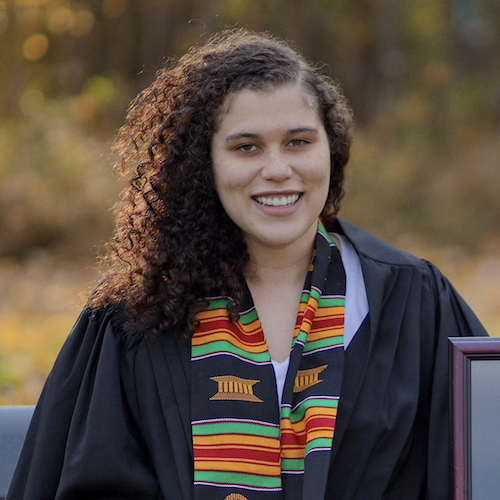African Heritage Month can often be a month full of never-ending celebration, highlighting the achievements, successes, and excellence of those who identify with the Black community and African diaspora. Whether it be by hosting a flag-raising ceremony to mark the beginning of the month, organizing a panel discussion with notable figures from the African diaspora, or learning how to develop anti-racist ideologies to help dismantle systematic barriers still being heavily faced by this population.
That’s all amazing, but African heritage should be recognized year-round, not just during the month of February. Here are two ways you can do it, while being a supportive ally.
Educate yourself
Every day there are new things to be learned. All you need to do is search online.
During African Heritage Month, the popular thing a lot of people do to stay “woke” is to reach out to the only Black individuals they may be aware of—usually a community representative who identifies as the first Black doctor in their area, or the first African Nova Scotian RCMP officer, the first Black Canadian to get their PhD, and so on.
“The first” seems to be a trend when recognizing individuals from the African diaspora throughout many organizations, academic institutions, and much more. Believe it or not, reaching out to that individual you may know to be ‘the first Black so and so’ may cause them harm rather than good.
Even with good intentions when reaching out, it can be extremely overwhelming for some Black people to be that “official” voice or representative during a very vulnerable month. The person may feel humiliated, like they are some sort of statue or token to be put on a pedestal to disclose personal and psychologically damaging information they must relive again while explaining their “inspiring story.”
They must relive that trauma repeatedly to “spread awareness” or to “educate.” It shouldn’t be the responsibility of Black individuals to be the only educators of African Heritage Month. Non-Black individuals must step up and take on a significant role in educating themselves on developing cultural competencies to help them understand more about African heritage, and how it can still have damaging effects today.
Be accountable, but let Black individuals take the lead
This is about when you identify a lack of cultural awareness in something you may be involved in. There are a lot of times when Black individuals are the only Black person in their environment. The only one within their classes, student society, or group of friends. There can be a lot of cultural isolation and unawareness held by many, and non-Black individuals need to bring attention to the continuing inequities being experienced.
Non-Black individuals have a responsibility to dismantle the system—the institutional levels all the way down to the individual level. But they need to let Black leaders take the lead. For example, if you find yourself in a class or a society that may not have a lot of cultural awareness or representation in the materials presented, the best thing to do as an ally is to be vocal about it. Raise awareness to the issue of inclusion—maybe by calling people out and educating them on how their ideologies can be damaging.
If you observe a classmate or a committee member of African diaspora, take initiative in bringing awareness to cultural incompetence held within their environment. You could create an equity, diversity, and inclusion (EDI) committee and let them take the lead. It’s only right for Black individuals to speak on their own issues they experience day to day. It’s their right to take the lead of EDI, cultural awareness, and/or accessibility committees to address these barriers faced by many.
If you see the opportunities to create an initiative to dismantle the system, be a supporter by joining the committee, continue speaking out against the system and help educate your peers around you about the inequalities Black individuals face, but let them take the lead as it’s their lives, their experiences.
Continue to celebrate African heritage all year. Not just for February, but every single day, as there are always new things to be learned. Start reaching out to organizations around you that are looking for volunteers and find out how you can get involved within the Black community around you. These steps all help to create an environment of healing and support, furthering the well-deserved recognition.


